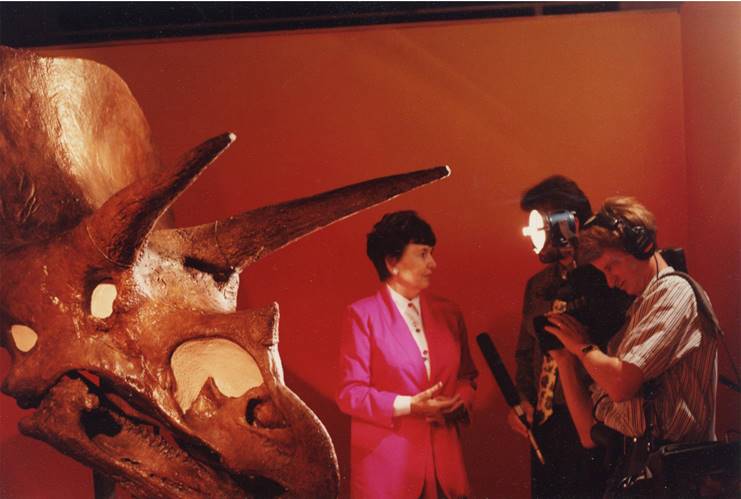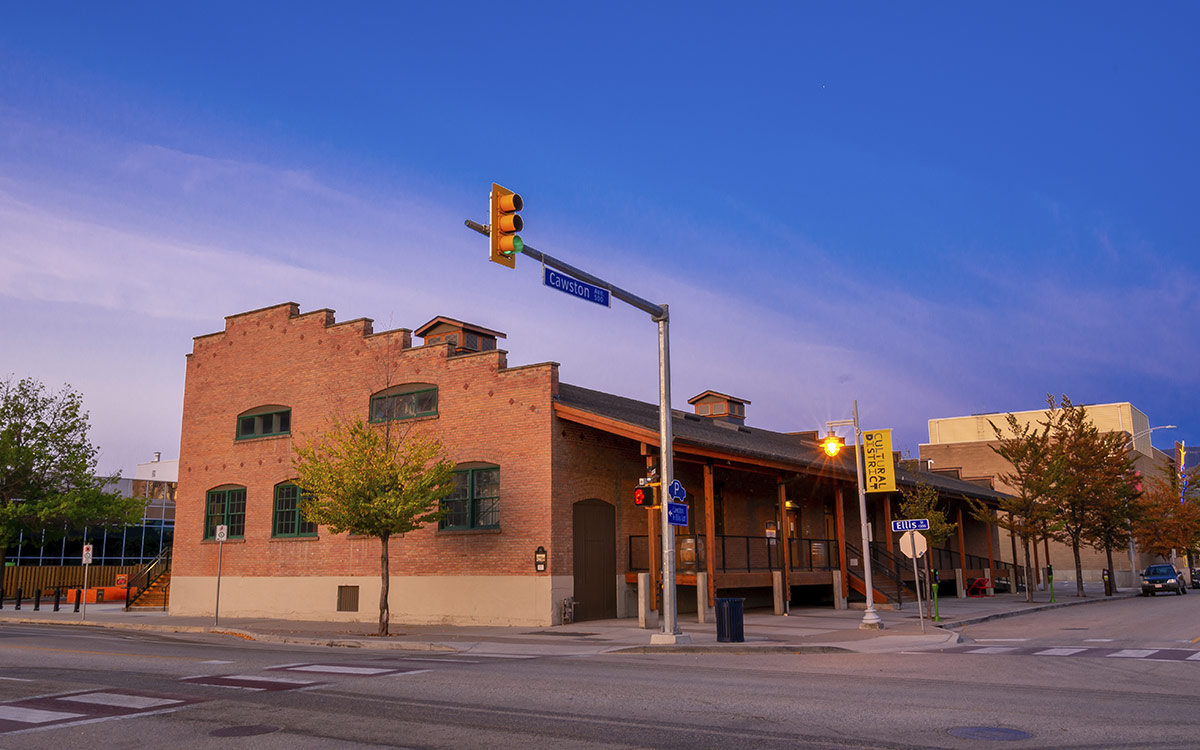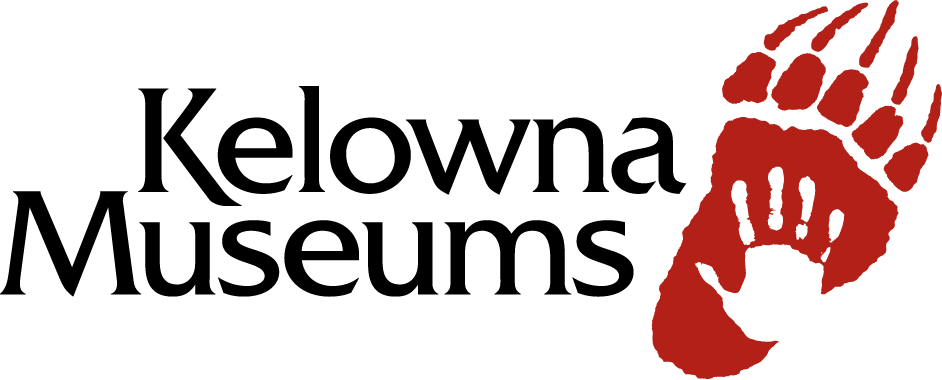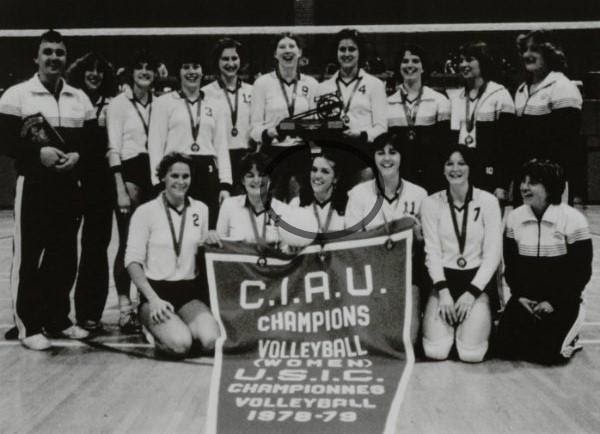by K. Wayne Wilson
Some in the Museum field in British Columbia and Canada may not know the name Ursula Surtees, but most of them are the direct beneficiary of work she did to promote the field and to raise its profile across the wider community and, most pointedly, in the minds of politicians and those in the civil service.
Ursula began her Museum career as the Curator of the Kelowna Museum in the late 1960s, and she quickly became a force in the community and on the provincial and national stages. Through all of this work, she was single-minded in maintaining that Museums were critical institutions that linked us culturally and materially as well as intellectually and spiritually. If you bumped up against that perspective, you were sure to learn quickly how vehemently she held the view that Museums (and Archives for that matter) were as vital to community health as any other area of political policy… and that they deserved the unapologetic funding that reflected that important role.

At the local level, Ursula oversaw the growth of the Kelowna Museum to include the National Exhibition Centre in 1976 – a move that brought British Columbia’s interior exhibits of national and international significance. Some of those exhibitions included the first organized public views of the works of Emily Carr and the Group of Seven in the interior. At every turn, that exhibition schedule was complemented by a wide and unique range of curriculum-based education programs and equally well-subscribed public programs and special events.
In the same breath, she successfully championed the restoration of the City’s first designated heritage building – the Laurel Packinghouse. That building now houses the Okanagan Wine & Orchard Museum and is a showpiece of Kelowna’s Cultural District.

In addition, Ursula was at the forefront of moving collections conservation work outside of the purview of the major urban museums. Though it took her several years, she was able to bring together wide funding subscription to build a full and new Conservation Lab in the Kelowna Museum – a Conservation Lab that now bears her name. This work brought her national recognition through the Canadian Museums Association’s Award of Merit.
Perhaps one of Ursula’s more enduring legacies is the work she did with Mary Thomas, an Elder member of the Neskonlith Indian Band. That collaboration brought important and new First Nation curriculum-based education to classrooms across the region long before it was being offered by other larger urban Museums in B.C.. More than that, copies of the First Nation language tapes she recorded with Mary now form part of the UBC’s Xwi&xwa Library with the originals “…used in the Lake Secwepemc area which is Neskonlith, Adams Lake and Little Shuswap Lake.”
Beyond her local and regional work, Ursula served on the BCMA Council for 10 years (including 2 stints as its President), was a sought-after Facilitator for British Columbia’s ‘Community Pride’ program, and she sat as the Chair of the Provincial Multicultural Committee. Equally important to all who now work in the Museum field, she was a thorn in the side of politicians and others who didn’t/wouldn’t/couldn’t see the vital role of Museums in the community and to support them accordingly. That was largely a man’s world in those formative years of museum development, and Ursula stood comfortably with others such as Gloria Cranmer Webster and Mary Thomas, to embed the notion that our cultural heritage is not resident only in the larger Museums of the Georgia Strait Urban Region – it is, in fact, pan-provincial and should be respected as such. In terms of salaries for that important work, one of her colleagues noted at her retirement in 2000, “…you successfully raised the level of remuneration for women in museums across the province.’
She was the recipient of an Award of Merit from the Canadian Museums Association, BC Museums Association Award of Merit and its Golden Service Award, City of Kelowna’s Citizen of the Year, Queen’s Jubilee Medal, Confederation Medal, and BCMA Lifetime Membership.
She was an author, an accomplished seamstress for community theatre groups, an iconoclast, and an uncompromising champion of respect for the cultural diversity that we hold dear as Canadians.
Ursula passed away on January 22, 2022.
If you are so inclined, please consider making a contribution the Ursula Surtees Endowment Fund with the Central Okanagan Foundation at 306-1726 Dolphin Avenue, Kelowna BC V1Y 9R9 or at www.centralokanaganfoundation.org Interest from this Fund helps support the Kelowna Museums Society’s work across the region.
Note: Ursula Surtees led Kelowna’s museums from 1969 to 2000. Following her retirement, K. Wayne Wilson served as Executive Director until 2012.

